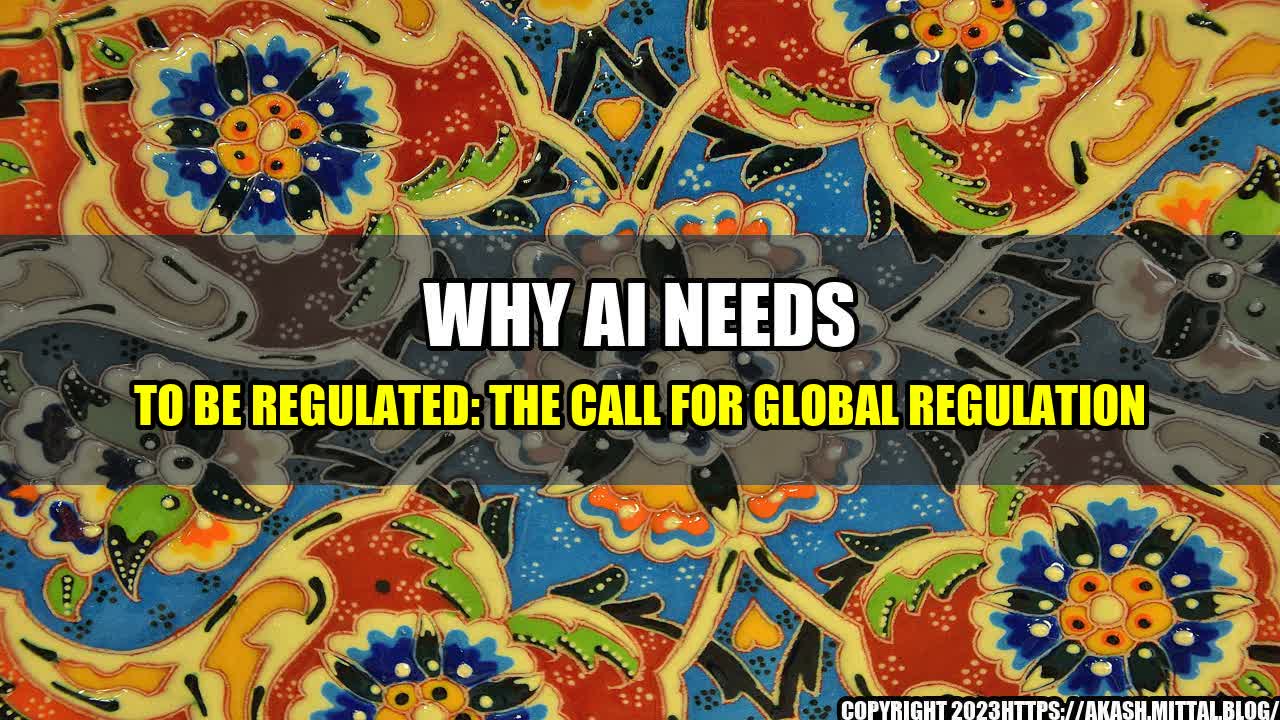Recently, a news article reported an incident that happened in a fully automated Amazon warehouse. The warehouse was run entirely by robots that were programmed to move goods from one place to another and pack them, reducing the need for human workers. However, the robots were not programmed to stop when a human worker crossed their path, resulting in a fatal accident. The incident raises the question: are we ready to fully trust AI technology to carry out tasks that can potentially harm human welfare?
AI technology has advanced significantly over the past few years, making it possible for machines to replicate and sometimes even surpass human intelligence. The technology has been applied in various fields, including healthcare, finance, automotive, and transportation. However, as much as AI technology has been beneficial, it has also raised ethical concerns.
One of the primary concerns with AI technology is the potential for bias. AI systems learn from the data they are fed, meaning that if the data contains bias, the AI system will replicate that bias in its decision-making process. For instance, Amazon stopped using an AI-based recruitment system after it was found to discriminate against women, as the system was taught to prioritize male applicants over females.
Another concern is about job displacement. As more companies adopt AI technology, there is a high likelihood that some jobs will become obsolete, leaving a significant portion of the population without jobs. A report by McKinsey & Company found that up to 375 million workers globally would need to switch occupational categories by 2030 due to automation.
Call for Global Regulation
Given the potential impact of AI technology on human welfare, it is crucial that some form of regulation is put in place to ensure that the technology is used responsibly. The regulation should also ensure that AI technology is transparent and explainable, and that there are clear lines of accountability.
The regulation could be in the form of a global body that would oversee the development and deployment of AI technology. The body would ensure that AI systems are built with ethical considerations in mind and that they are unbiased. The body would also be responsible for setting standards and guidelines for the development and use of AI technology.
- AI technology has the potential to benefit human welfare significantly, but there are also potential adverse effects.
- Regulation of AI technology is essential to ensure that the technology is used responsibly and transparently.
- A global regulatory body should be set up to oversee the development and deployment of AI technology.
As an AI researcher, I have seen how AI technology has advanced over the years. While the technology is amazing, I am also aware of its potential to cause harm if not regulated proactively. Collaborating with other researchers and stakeholders to establish a regulatory body for AI technology is necessary to ensure that the technology is developed with ethical considerations in mind.
Practical Tips
- Be aware of the potential ethical concerns when developing AI technology.
- Ensure that AI systems are transparent and explainable.
- Prioritize ethical considerations over profit when developing AI systems.

Curated by Team Akash.Mittal.Blog
Share on Twitter Share on LinkedIn